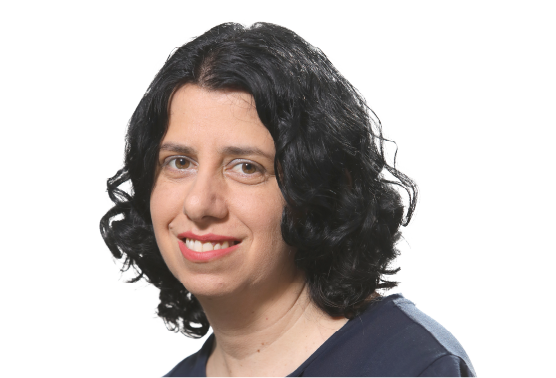The Turkey research field at the Institute for National Security Studies (INSS) focuses on three central pillars: foreign policy, domestic policy, and Israel-Turkey relations. Within the framework of foreign policy analysis, researchers examine the significance of Turkey’s pursuit of what its decision-makers term as an “independent foreign policy.” This includes investigating why the country is developing such a significant defense industry, the origins of its growing interest in the Middle East, and the reasons why it is perceived as a subversive actor in several capitals in the region.
On a domestic level, the rhetoric emerging from Ankara frequently refers to “The New Turkey.” President Recep Tayyip Erdoğan’s efforts to instill what he hopes will be his legacy, and the resistance to these efforts among segments of the Turkish public, serve as a source of great tension and raise numerous questions examined in the Turkey research field in INSS. Looking toward the future – Will Erdoğan run in the next presidential elections, and should he choose not to compete, who is the potential successor?
While close ties between Israel and Turkey were once a cornerstone of Israeli foreign policy, the relationship has been characterized by crisis for over a decade. The normalization of relations achieved in 2022 came to an end following the events of October 7, repeating a pattern seen in May 2018 during a previous attempt at reconciliation. Today, the competition between Turkey and Israel is expressed across several focal points, including Gaza, Syria, the Eastern Mediterranean, and the Horn of Africa. The Turkey research field at INSS examines the consequences of this current deterioration and provides recommendations on how Israel should prepare for these challenges.
Researchers
Publications
All PublicationsFocus
Turkey Is Not Iran, but It Is a Threat




